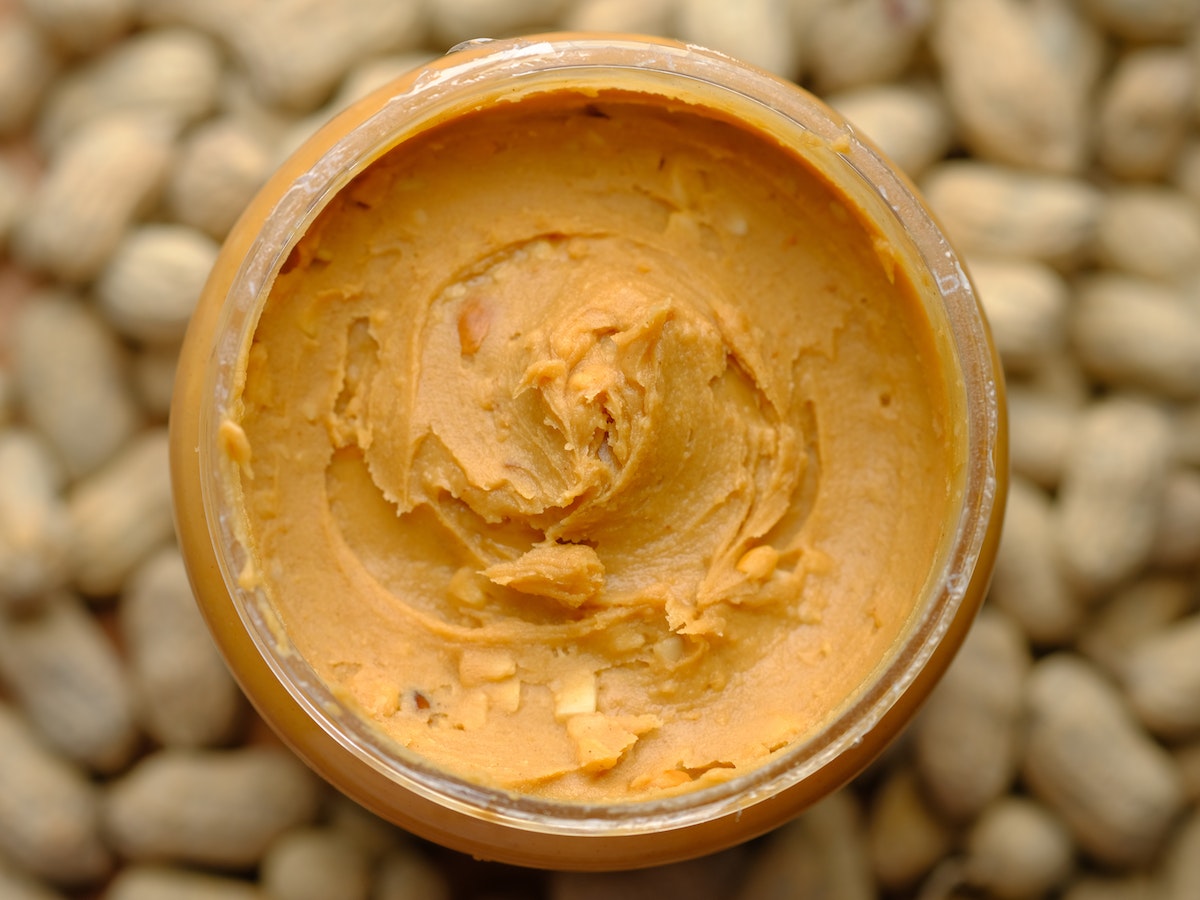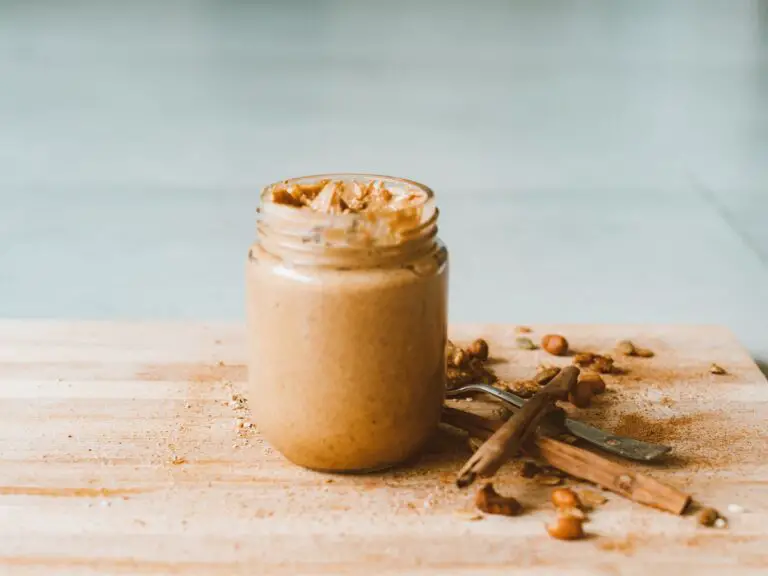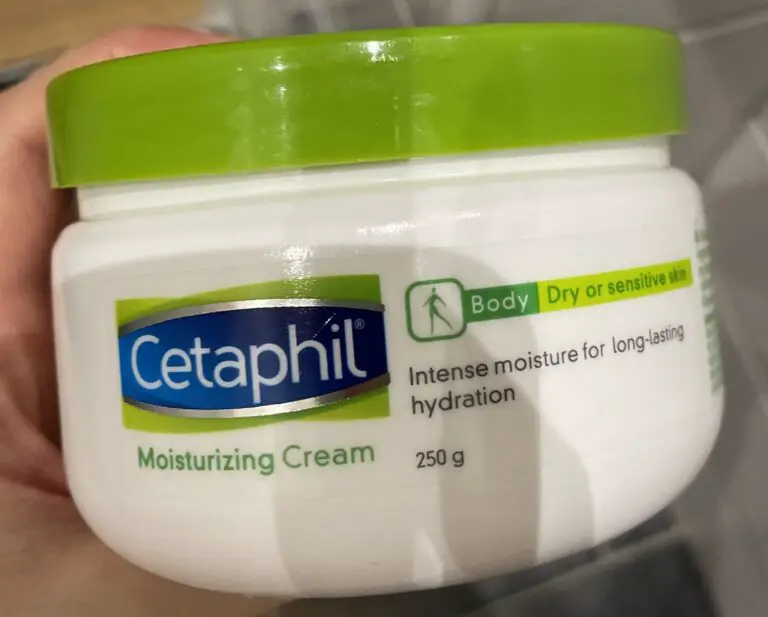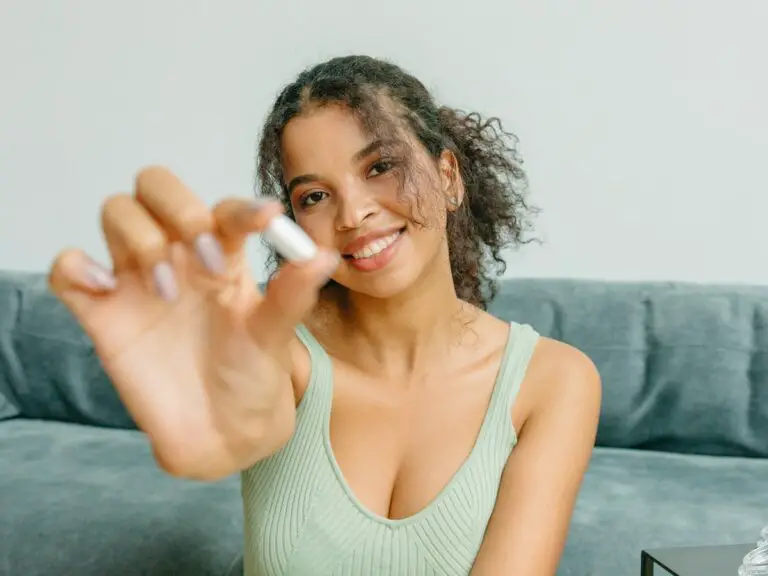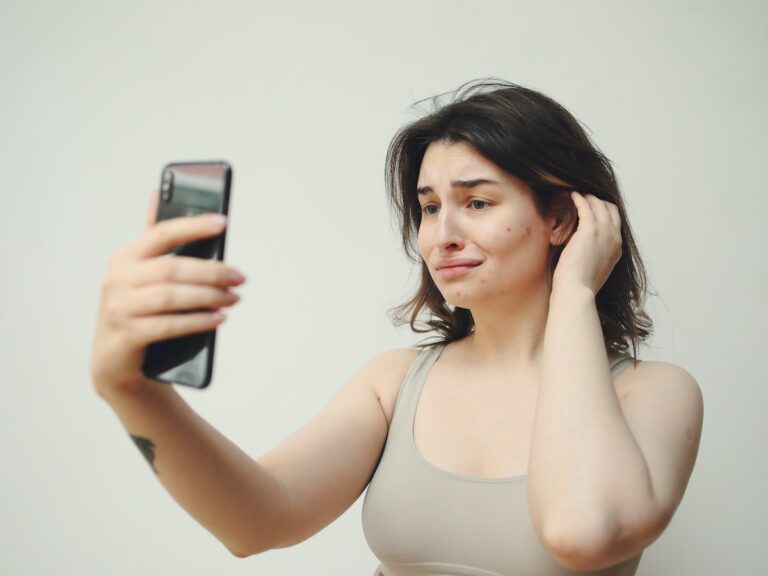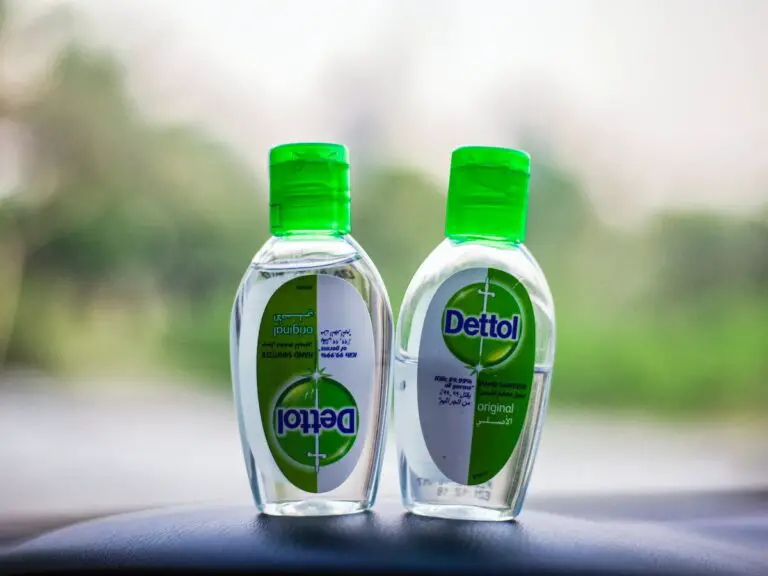Can Peanut Butter Cause Acne? (Facts and Figures)
If you like peanut butter, have you been worried about getting acne? Well, it’s time to find out what’s going on and end the peanut butter fear for good!
There are a lot of different ideas on the Internet about whether or not this popular spread can cause those annoying zits to show up. But don’t worry. We’re here to tell you what’s true and what’s not. In this piece, we’ll detail the science of peanut butter and how it might affect your acne. We’ll look into how diet affects acne and see if there is any scientific proof that eating peanut butter can cause breakouts.
So, grab a jar of peanut butter (don’t worry, it won’t hurt your skin yet!) and come with us as we discover how peanut butter affects acne. Get ready to have your wrong ideas blown up about peanut butter causing acne.
Table of Contents
The Connection between Diet and Acne
Acne is a skin problem that affects millions of people all over the world. Acne can be caused by many things, such as genes, hormones, and how you live your life.
People have paid much attention to how food affects acne in the past few years. People used to think diet didn’t affect acne, but a new study shows this isn’t true. Studies have shown that certain foods can affect how bad and often you get pimples.
So, what does peanut butter have to do with it?
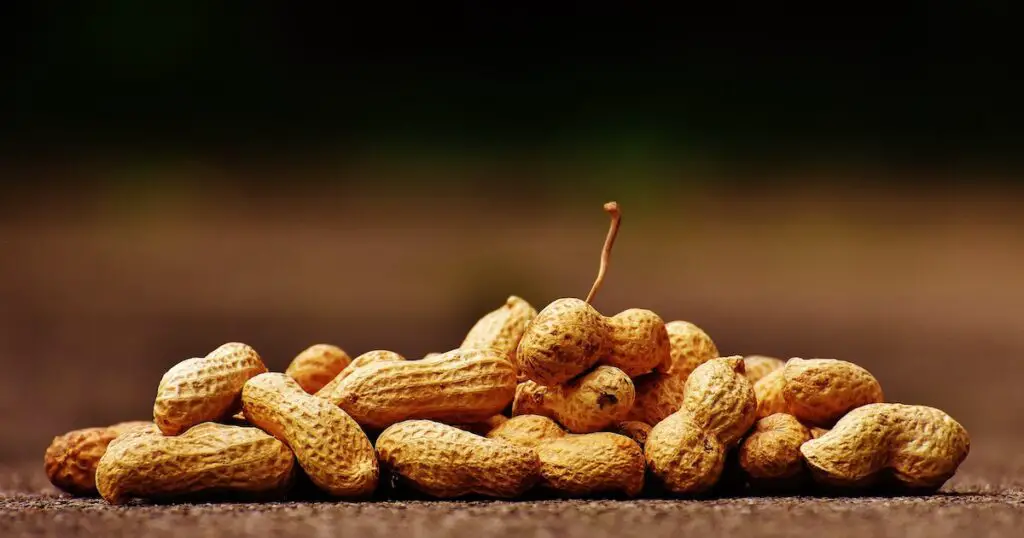
What is Peanut Butter?
Before we talk about how peanut butter might affect acne, let’s take a moment to talk about what peanut butter is. Peanut butter is a spread made from roasted peanuts ground into a paste.
People usually put it on bread, use it in different recipes, or just eat it straight from the jar (we won’t judge!). Peanut butter is not only tasty but also full of nutrients that are good for your health in many ways. But does this mean that it could cause acne?
Nutritional Composition of Peanut Butter
It is necessary to investigate peanut butter’s nutritional makeup to establish whether it can contribute to acne. Peanut butter has a lot of different nutrients, including protein, good fats, vitamins, and minerals.
It has a considerable amount of vitamin E, niacin, magnesium, and phosphorus in its composition. These nutrients are necessary for keeping the skin in good condition.
Vitamin E is well-known for its antioxidant characteristics and its capacity to shield the skin from the damaging effects of oxidative stress.
Conversely, Niacin has been shown to increase the function of the skin’s barrier and minimize inflammation. From a nutritional perspective, it would appear that peanut butter has more positive effects on the skin than negative effects.
Common Misconceptions about Peanut Butter and Acne
Even though peanut butter might be good for your skin, a few myths have led people to believe it can cause acne. People often think peanut butter’s high-fat content can clog pores and cause acne.
Even though eating too many bad fats can cause skin problems, the monounsaturated and polyunsaturated fats in peanut butter are good for the skin. These fats help keep the skin’s barrier intact and lower inflammation, which can help eliminate acne. So, it’s important not to think that all fats cause acne.
Some people also think that peanuts can cause an allergic response that shows up as acne. Peanut allergies are fairly common, and sensitive people could get bumps on their skin that look like acne if they eat peanut butter.
But it’s important to remember that real peanut reactions differ from acne to other things. If you think you might have a peanut allergy, it’s important to see a doctor or nurse to get a good diagnosis and advice.
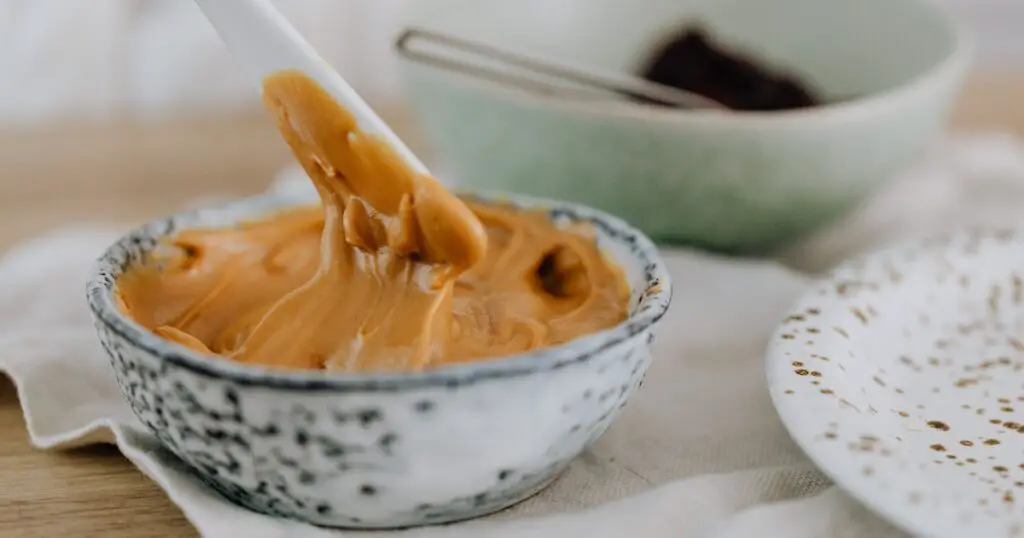
The Role of Hormones in acne development
It is necessary to investigate the function of hormones in the formation of acne to comprehend the possibility of a connection between peanut butter and acne. In teenagers and women in particular, hormonal imbalances are a significant component that might contribute to the development of acne.
Changes in hormone levels, such as androgens, can cause an increase in sebum production, which in turn can lead to clogged pores and inflammation, both of which contribute to the development of acne.
Where exactly does the use of peanut butter come into play in causing acne, then?
Studies and Research on the Link between Peanut Butter and Acne
There isn’t much scientific study showing a link between eating peanut butter and getting acne. There haven’t been many studies that look directly at how peanut butter affects acne. But a study released in the Journal of the Academy of Nutrition and Dietetics found that a group of young adults who ate peanut butter and had acne did not have a strong link between the two.
Another study, released in the Journal of the American Academy of Dermatology, found no scientific evidence to support the claim that peanut butter causes acne. Even though these studies show that peanut butter probably isn’t a direct cause of acne, it’s important to consider how different people are and what else might be happening.

Personal Experiences and Testimonials
Even though scientific studies can teach us much, we should also look at human experiences and testimonials. Some people may find that peanut butter worsens their acne, while others may not notice anything.
Everyone’s body is different, so what works for one person might not work for another. If you think peanut butter is making your acne worse, you might want to try going without it for a while to see if your skin improves. But before making big changes to your diet, it’s always best to talk to a healthcare expert or a registered dietitian.
Other Factors to Consider in Acne Development
When it comes to what causes acne, food is only one part of the story. Genes, worry, how you take care of your skin, and your lifestyle can also play a big role.
When dealing with acne, taking a whole-person approach and considering all parts of your health and well-being is important. For healthy skin, it’s important to eat a well-balanced diet, take care of your skin, deal with stress, and get enough sleep.
Alternative Spreads and Their Impact on Acne
Suppose you are still concerned about the potential impacts that peanut butter might have on your skin. In that case, there are a lot of other kinds of spreads that you can try that will give you a comparable experience in terms of flavor but won’t cause you to worry about your skin.
As an alternative to peanut butter, you may want to try sunflower seed butter, cashew butter, almond butter, or sunflower seed butter. All of these spreads are both delicious and nutritious. These spreads contain a wide range of nutrients.
They may be less likely to cause acne in people sensitive to peanuts because peanuts are one of the ingredients.
However, it is essential to keep in mind that different people will have different responses to these alternatives; therefore, it is always a good idea to pay attention to your body and record any changes that may occur in your skin.
Conclusion
Ultimately, the idea that peanut butter can cause acne is mostly based on myths and a small amount of scientific proof. Even though everyone’s experiences are different, the study we have so far shows that peanut butter is probably not a direct cause of acne.
But it’s important to think about other things, like hormones, genes, and your lifestyle as a whole, when it comes to acne. Suppose you think peanut butter or other food is worsening your acne. In that case, you might want to talk to a doctor or a registered dietitian to get specific help.
Remember that healthy skin comes from a combination of things, like eating well, taking care of your face, and being healthy overall. So, you can eat peanut butter without feeling bad about it because it’s not likely to hurt your skin.
FAQs
There is no direct evidence linking peanut butter to acne outbreaks. However, some individuals may find that certain high-glycemic foods, including peanut butter, can potentially contribute to acne development. It’s advisable to monitor your own body’s response to peanut butter and other foods and make dietary adjustments accordingly to determine if they have any impact on your acne-prone skin.
Signs of being allergic to peanut butter may include hives, itching, swelling of the lips or throat, difficulty breathing, stomach cramps, nausea, or vomiting. In severe cases, it can lead to anaphylaxis, a life-threatening allergic reaction. If you suspect a peanut butter allergy, it’s important to seek medical attention for proper diagnosis, avoid peanut butter consumption, and carry appropriate medication, such as an epinephrine auto-injector, if prescribed by a healthcare professional.
Eating excessive amounts of peanut butter can lead to weight gain due to its high calorie and fat content. Additionally, peanut butter contains omega-6 fatty acids that, when consumed in excess, may promote inflammation in some individuals, potentially exacerbating acne symptoms. It’s important to consume peanut butter in moderation as part of a balanced diet and be mindful of portion sizes to avoid potential adverse effects.
There is no definitive evidence suggesting that almond butter is better than peanut butter for acne. Both almond butter and peanut butter have similar nutrient profiles and can be part of a healthy diet. However, individual reactions to certain foods can vary, so it’s recommended to pay attention to your body’s response and choose the option that works best for you. It’s also important to consider other factors like overall diet, lifestyle, and skincare routine in managing acne-prone skin.
Individuals with peanut allergies or those who have been advised by a healthcare professional to avoid peanuts should not consume peanut butter. Additionally, individuals who are following a specific dietary plan that restricts peanuts or peanut products should also avoid peanut butter. It’s important to read ingredient labels carefully and consult with a healthcare professional or a registered dietitian if you have any concerns or specific dietary requirements.
Disclaimer: This article is for educational purposes only, and does not substitute any medical advice. Always consult a qualified healthcare professional for personalized advice before trying new treatments or medications.

General Physician
Senior Medical Writer
